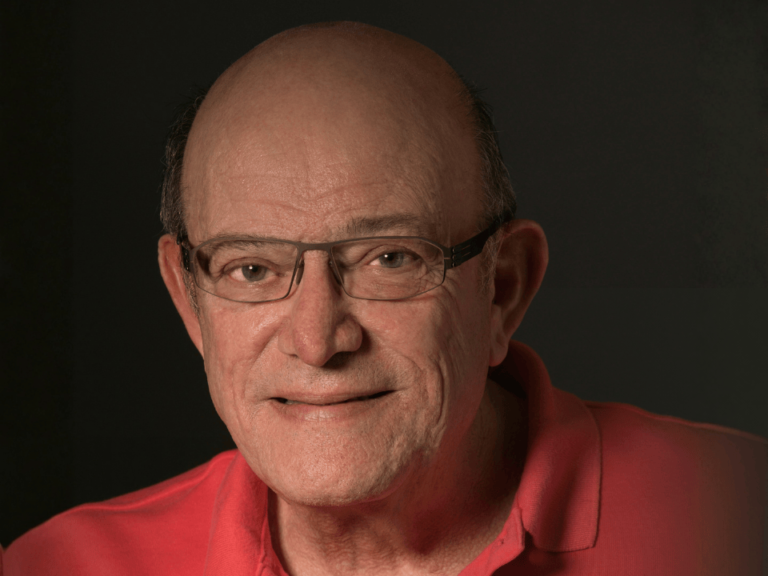The National Cancer Institute approved the following clinical research studies last month.
For further information, contact the principal investigator listed.
Phase II – NRG-HN010
A Controlled, Randomized Phase II Trial of Docetaxel Plus Trastuzumab Versus Ado-Trastuzumab Emtansine for Recurrent, Metastatic, or Treatment-Naïve, Unresectable HER2-Positive Salivary Gland Cancer
NRG Oncology
Ho, Alan Loh
(646) 608-3774
Phase II – S1900F
A Randomized Phase II Study of Carboplatin and Pemetrexed with or Without Selpercatinib (LY3527723) in Participants with Non-Squamous RET Fusion-Positive Stage IV Non-Small Cell Lung Cancer and Progression of Disease on Prior RET Directed Therapy (Lung-MAP Sub-Study)
SWOG
Gray, Jhanelle E.
(813) 745-6895
Phase III – AMC-114
A Phase III, Randomized, Open-Label, Non-Inferiority Study of Paclitaxel and Pegylated Liposomal Doxorubicin for Treatment of HIV-Related Kaposi Sarcoma in Resource-Limited Settings
AIDS Malignancy Consortium
Krown, Susan E.
44-793-518-3920
Phase III – NRG-CC010
A Phase III Trial Of The Impact Of Sentinel Lymph Node Mapping On Patient Reported Lower Extremity Limb Dysfunction In Endometrial Cancer
NRG Oncology
Tanner, Edward J.
(312) 472-0120
Phase Pilot – PEPN22P1
A Pharmacokinetic Study of VinCRIStine in Infants Dosed According to BSA-Banded Infant Dosing Tables and Older Children Dosed by Traditional BSA Methods
Pediatric Early Phase Clinical Trial Network
Blauel, Emily
(267) 254-2851











